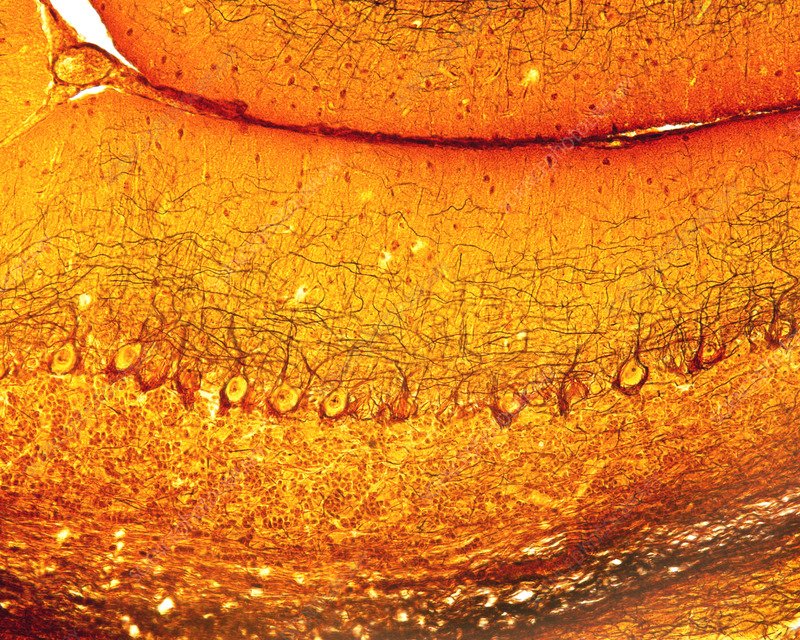Let’s revolutionize mental health with psychedelic research.
Why Psychedelic Research?
1 in 4 of us will experience a mental health issue at some point each year.
The cost of poor mental health is calculated at £300 billion a year in England, alone.
The life expectancy of people with a severe mental illness is 15-20 years shorter than those without.
Psychedelic therapy is rapidly emerging as a powerful, science-backed tool for healing where traditional approaches have fallen short. Groundbreaking research shows significant promise in treating conditions like Post-Traumatic Stress Disorder, Substance Use Disorder, Major Depressive Disorder, Anxiety Disorders, Obsessive-Compulsive Disorder, Eating Disorders, and Treatment-Resistant Depression.
This is more than innovation—it’s a paradigm shift in mental health and wellness.
At the Ouroboros Foundation, we’re building a grassroots movement to support, fund, and democratize access to these transformative medicines.
Together, we can rewrite the future of mental health.
Join us. Fund the future. Break the cycle.
We are a registered UK non-profit dedicated to funding psychedelic research.
We do this primarily through immersive fundraising events, and philanthropic projects which you can take a look at here.
We also host educational workshops dedicated to psychedelic research advocacy, fostering responsible exploration of psychoactive substances, and promoting mental well-being.
Through education and community engagement, we aim to empower individuals with the knowledge and resources needed to navigate these experiences safely and meaningfully.
The Ouroboros Foundation does not condone the use of illegal substances for any purpose. This information is intended solely for educational and harm reduction purposes.

